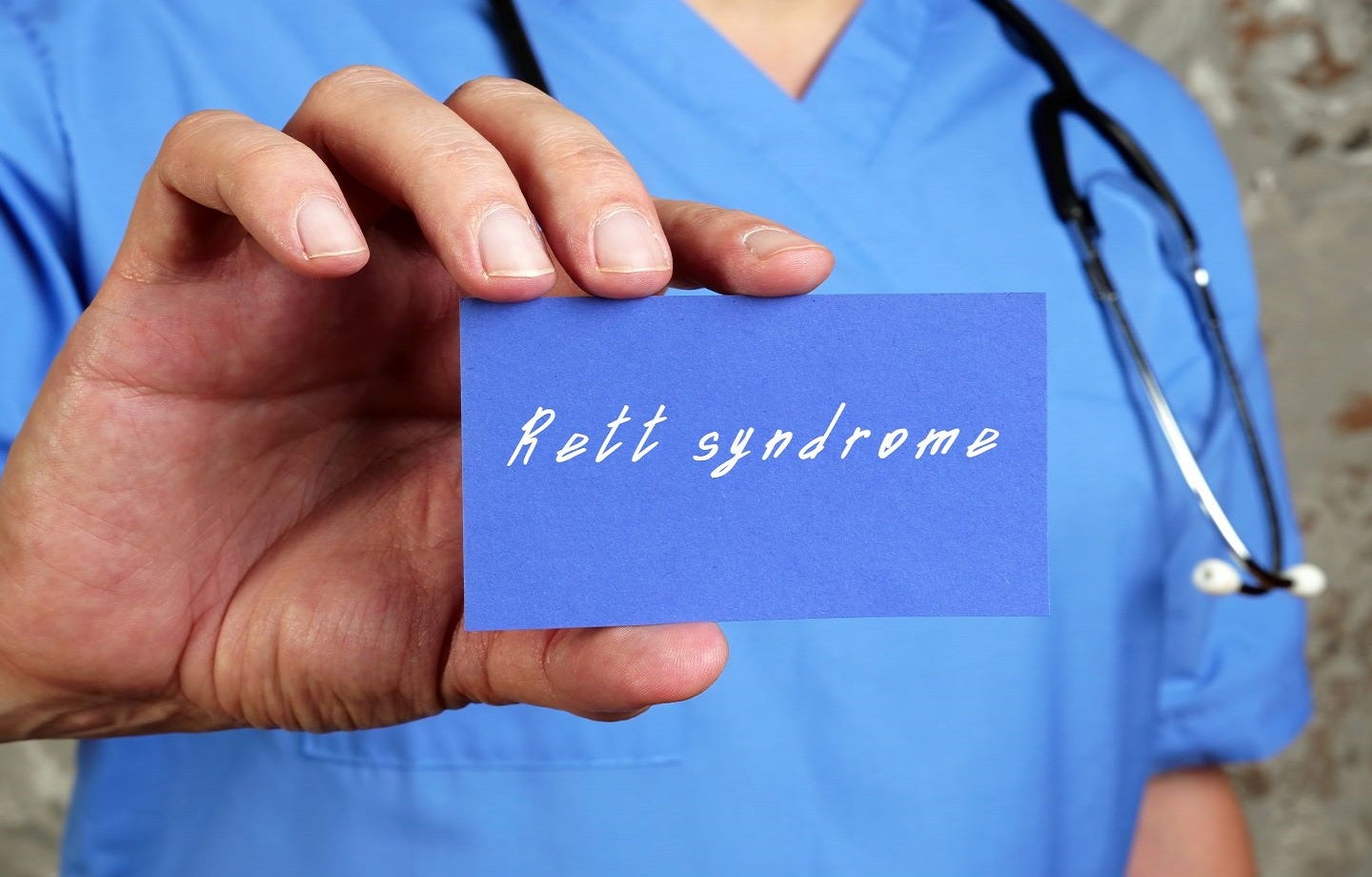

Neurogene has dosed the first two female paediatric subjects in Phase I/II trial of its investigational adeno-associated virus (AAV) gene therapy candidate, NGN-401, to treat Rett Syndrome.
Rett syndrome is an X-linked neurodevelopmental disorder with a significant absence of available medical solutions.

Discover B2B Marketing That Performs
Combine business intelligence and editorial excellence to reach engaged professionals across 36 leading media platforms.
NGN-401 is designed and administered to increase the therapeutic activity while preventing transgene overexpression toxicities.
It leverages Neurogene’s Expression Attenuation via the Construct Tuning (EXACT) gene regulation technology. This ensures controlled and consistent MeCP2 expression on a cell-by-cell basis, preventing the toxicities linked to excessive expression with traditional gene therapy.
The open-label, single-arm, first-in-human ongoing multi-centre study is assessing the gene therapy candidate at a dose of 1×1,015 total vector genomes to evaluate its tolerability and safety in female paediatric patients aged between four and ten with Rett syndrome.
Two patients received doses one after the other at Texas Children’s Hospital in the third and fourth quarters this year.

US Tariffs are shifting - will you react or anticipate?
Don’t let policy changes catch you off guard. Stay proactive with real-time data and expert analysis.
By GlobalDataThe therapy is given as a one-time treatment using intracerebroventricular (ICV) administration.
Neurogene plans to administer the dose to a third patient early next year, pending a successful review by the trial’s independent Data and Safety Monitoring Board.
The first cohort is expected to register five female paediatric subjects, and any expansion is contingent upon additional data and subject to review by health authorities.
The company produced the clinical-grade candidate for this trial at its good manufacturing practices (GMP) facility.
Neurogene founder and CEO Rachel McMinn said: “NGN-401 was purposefully designed to deliver a therapeutic benefit with the full-length MECP2 gene, avoid toxicity associated with overexpression, and leverage the ICV route of delivery to maximise the biodistribution of the transgene to key areas of the brain underlying Rett syndrome.”
“Based on published peer-reviewed non-clinical research, we know that Rett syndrome is caused by loss of function of MECP2 in the brain and spinal cord, and therefore we believe delivering robust transgene expression in these areas is essential for enabling a clinically meaningful benefit.”
Cell & Gene therapy coverage on Clinical Trials Arena is supported by Cytiva.
Editorial content is independently produced and follows the highest standards of journalistic integrity. Topic sponsors are not involved in the creation of editorial content.





